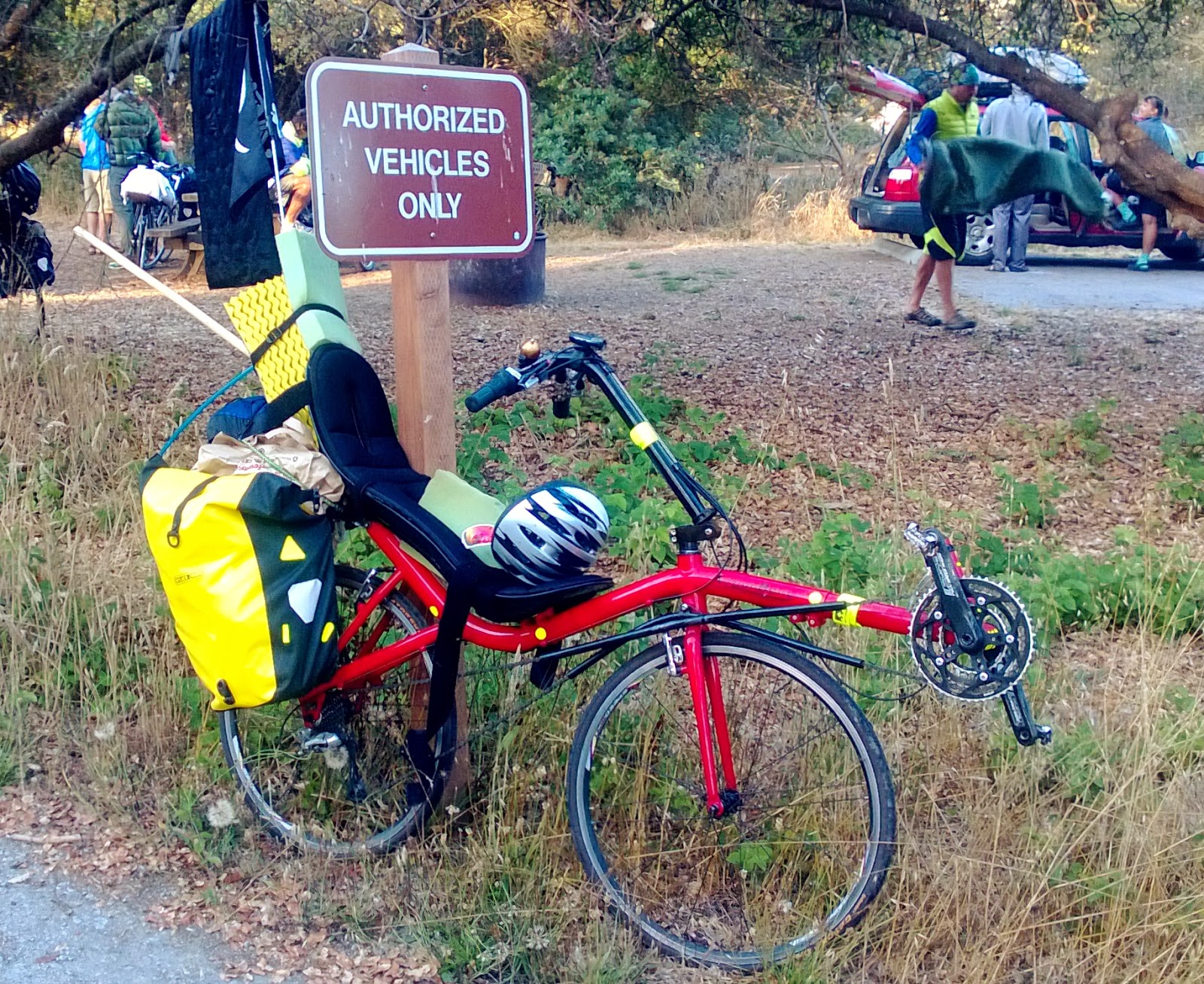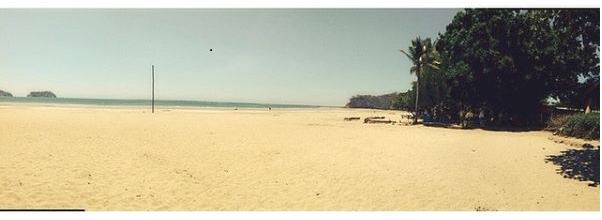On Tuesday I arrive at Sao Paulo’s largest bus station, Tiete.
It is also the largest bus station in the known universe. After having spent a
weekend at Mestre Ra’s quiet horse ranch in Jundiai arriving here is like a slap in the face. I feel like I am in Total Recall, and I am the one with the guttural
accent. Large, concrete - in spirit and form - 80’s architecture dominates.People
scurrying around at, for Latin America, high speeds and twerking at antique yet oddly honorable tasks in modern times like being a porter.
While it took only 50 minutes to cover the 50km from Jundiai
to the northern part of Sao Paulo, it takes me two hours to reach my couch surfing host’s
house in the southern part of the Megalopolis. This is not because of traffic, bad
public transport or slow driving. On that Wednesday there are not as many cars on the street as I
expected, buses go to every corner of the city and the bus drivers are all
nephews of Ayrton Senna. No, Sao Paulo is just that big. Twenty
million people perched precariously on a steep plateau 50 kilomerts from the Atlantic
coast. The place just completely blew my my little Austrian mind - the whole of Austria has roughly nine million inhabitants compared to Sao Paulo's twenty.
I mostly trained capoeira in this city. Every day I would go to another amazing Mestre's academia to learn from the source. My idea that these various capoeira schools mix and meet much more often than the schools in the USA because they are in close proximity to each other is complete bogus. They might as well be on different planets for all the time it would take to get from one to the other.
I mostly trained capoeira in this city. Every day I would go to another amazing Mestre's academia to learn from the source. My idea that these various capoeira schools mix and meet much more often than the schools in the USA because they are in close proximity to each other is complete bogus. They might as well be on different planets for all the time it would take to get from one to the other.
What a treat to train with Mestre Catitu in his home town.
OMG I am actually training at Mestre Suassuna's academia!
I kid you not, it took at least 2 hours to get anywhere. During traffic even longer. While it was an easy burden because I was fulfilling many a capoeiristas dream I spent at least 5 hours a day riding an efficient, quick and well organized public transport system. Sao Paulo sits on top of these endless formerly green rolling hills. Now they are endless rolling waves of highrisers.
Sao Paulo
Everytime you catch a glimpse of the horizon you see highrisers stretching into the distance. The concrete jungle simply never ends. I am sure Paulistas would become agoraphobic if you dropped them into the Baja California desert.
Avenida Paulista
Horizons have been defeated
Historically
speaking, a city needs certain geographical characteristics, like being next to
a large river or easy access to the sea to grow to a world metropolis,
especially if you focus on industry and export of raw materials. Sao Paulo
doesn’t have any of that. The road to the coast is like a slightly wider than
normal, paved Inca Trail.
One day I drove to the beach and immediately wished I hadn’t
donated my bike to Projeto Kirimuré because riding down this downhihll racetrack of a
road that was hewn into jungly cliffs would have been heartattack-inducing,
car-overtaking, momma-scaring stuff, Q.E.D. - perfect. Aside from providing a joy
ride for this Austrian (downhill + speed = happiness) cycling Capoeira vagabundo
this road must have been a complete bitch to transport stuff up and down on in
1920, because, guess what, it still is for the 18 wheelers of modern day. There
were at least ten of them pulled over cooling their breaks on the
way down.
Want. This. Racetrack.
And don’t for one second think that Sao Paulo’s 18
wheelers are antiquated third world diesel monsters. This is the souther, modern part of
Brazil, the developed part, where 80 % of the population gets around town
without a car, where there is hardly any trash, no man-sized holes in the road
and sewers that work. So when people, even rightfully, say that the world cup was
a red card in the face of the poor of Brazil, it may do better to concentrate
on the constant southward concentration of wealth instead. It is shocking to walk
around towns that make you feel like you are anywhere in Europe or the US while the north and
northeast of Brazil resemble Honduras or El Salvador. The disparity in infrastrucutre, cleanliness, maintenance and availability of services, doctors, shops and plain
old vegetables is huge. I can not tell you how many times I tried to buy
vegetables in a Mercadino after a day of riding in the north to only find onions,
tomatoes and carrots. Without my sack of sub-continental Indian spices I would have
hated my own cooking after a week.
A sadly depleted sack of spices
I wanted to hate Sao Paulo. I wanted to hate it for its
anonymity, for its uniformity, for its formidability. Yet I don’t seem to
possess that sort of passion any longer. The last time I had intense third world to Megalopolis culture shock was in 2008 when I went to Hong Kong after a month in Burma. Instead today, I attempt to do that human thing and grow, and desist comparing
and judging those who make the free choice to live on an exciting, human
anthill vs. those who live in an idyllic, boring small town.
And there is always wall tattooing going on.


As bikers we develop an affinity for the safety and tranquility of small country town with nice, shadowy squares and gentle Boa Tardes. But riding bike for that long also means that we have seen as many life style choices as people. And that is beautiful. You think out there in the countryside its too boring, with not enough action and you love the speed and frantic nature of the anthill? Or you think in there its too claustrophobic, somehow un-human and you love the slow evenings and the sounds of nature? It's all fair, as long as we accept other people's choices. Making a judgment about either the backwardness or franticness of others lets us believe that we are different faces of the same coin. And yet it should be obvious that there is no coin, no face and definitely no spoon. Only all of us with the same fears and desires living in different environments. Environments, to which we adapt as best we can.
So let us all stop and consider, instead of judging
and comparing. Let us admire our common persistence, our hope for a better
future. Whether it is the future of an ant or that of a snail. In teh grand sceme of things most of us are not more than that. Let’s drop our need to feel special and think that our way is the best one.
I personally have no idea how I will reconcile my new found desire to play flute in churches and hang out in small friendly towns with my previous preference for large, exciting cities with lots of action and cultural melting happening. Another ambivalence I am hopefully becoming better at tolerating - Axé Capoeira.
I personally have no idea how I will reconcile my new found desire to play flute in churches and hang out in small friendly towns with my previous preference for large, exciting cities with lots of action and cultural melting happening. Another ambivalence I am hopefully becoming better at tolerating - Axé Capoeira.













































